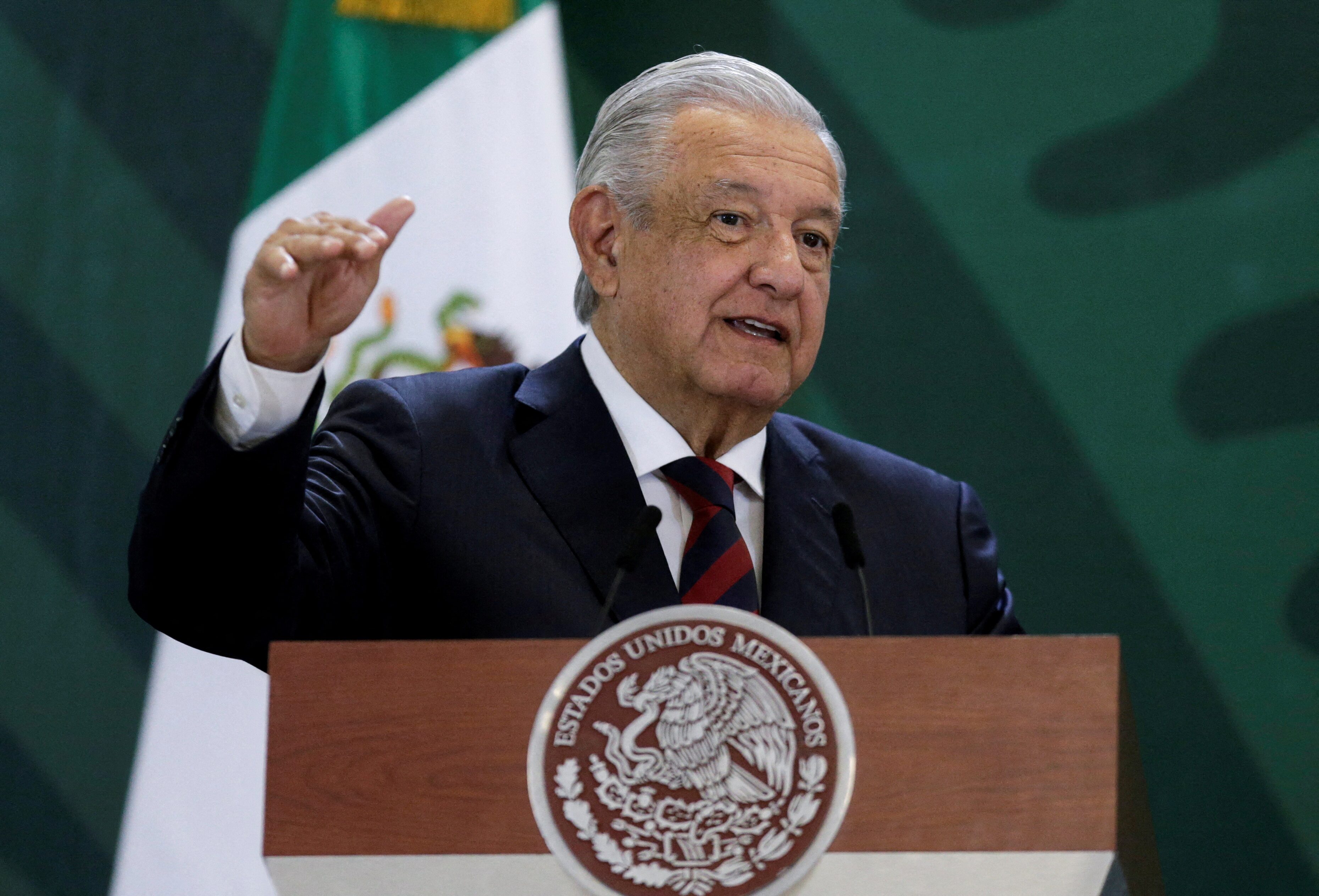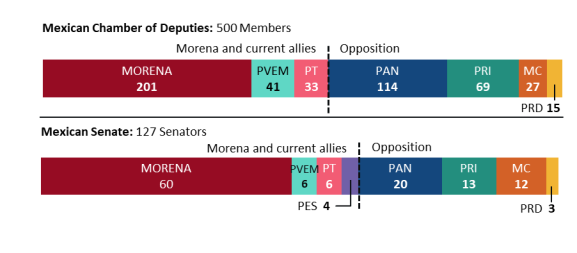Judicial Overhaul Raises Alarms
The recent judicial overhaul in Mexico, spearheaded by the leftist Morena party, poses significant threats to the nation’s democracy as it transitions to a system where judges are elected by voters instead of appointed. This monumental shift, framed as a move to root out corruption, has alarmed civil rights advocates who are acutely aware of the implications of politicizing the judiciary. As reported by The New York Times, candidates backed by Morena have taken control of the country’s most powerful judicial bodies, further entrenching the party"s dominance.
Consolidation of Power Raises Concerns
Morena, which already holds the presidency and Congress, has now gained control over the judiciary, raising fears about the erosion of judicial independence. María Emilia Molina, a circuit magistrate and president of the Mexican Association of Women Judges, emphasized this concern, stating, "You now have an administration that controls the presidency, that controls the Congress with supermajorities in both chambers and that now controls the judges." This consolidation of power is indicative of a worrying trend where democratic checks and balances are systematically dismantled.

Mexico to receive U.S. delegation to discuss Americas summit ...
Voter Apathy Highlights Legitimacy Issues
The legitimacy of the judicial elections has been called into question due to a staggering voter turnout of only 13%, one of the lowest in Mexico"s democratic history. As reported by political analyst Ernesto Guerra, "Evidently, people were not interested in this process," suggesting a disconnect between the electorate and the political machinery. This apathy not only undermines the elections but also signals a deeper disillusionment with the democratic process, particularly among marginalized communities who feel their voices are consistently ignored.
Judiciary Becomes a Political Tool
The newly established Tribunal for Judicial Discipline, which possesses broad powers to investigate and potentially impeach judges, has been criticized as a mechanism for silencing dissent within the judiciary. Critics argue that this tribunal could be exploited to eliminate judges who resist political pressures. Celia Maya, the tribunal’s president, asserts that it was created to combat corruption, but such claims ring hollow in the face of overwhelming evidence of political motivations behind these changes. As noted by the Associated Press, the substantive issues of corruption within the prosecutor"s office and the police remain unaddressed, raising questions about the effectiveness of any reforms.

Mexico: Background and U.S. Relations | Congress.gov ...
Implications for Civil Rights
This overhaul has profound implications for civil rights and access to justice in Mexico. The judiciary has traditionally served as a critical check on executive power, safeguarding the rights of citizens, particularly those from marginalized communities. By transforming the judiciary into a political entity, Morena risks compromising the very foundation of justice and accountability. As Judge Molina prepares to resign, stating, "I won’t be part of this circus," her departure signals a troubling trend where judicial independence is sacrificed on the altar of political expediency.
With opposition parties sidelined until 2027, Mexicans are left with a judiciary that may lack the necessary independence to ensure fair trials and uphold civil rights. The implications of this shift are dire, as without robust checks on power, the rights of individuals are increasingly vulnerable to state control and political whim. The stakes are high, and the future of democratic governance in Mexico hangs in the balance.



![[Video] Gunfire between Iraqi security forces and Sadr militias in Baghdad](/_next/image?url=%2Fapi%2Fimage%2Fthumbnails%2Fthumbnail-1768343508874-4redb-thumbnail.jpg&w=3840&q=75)
